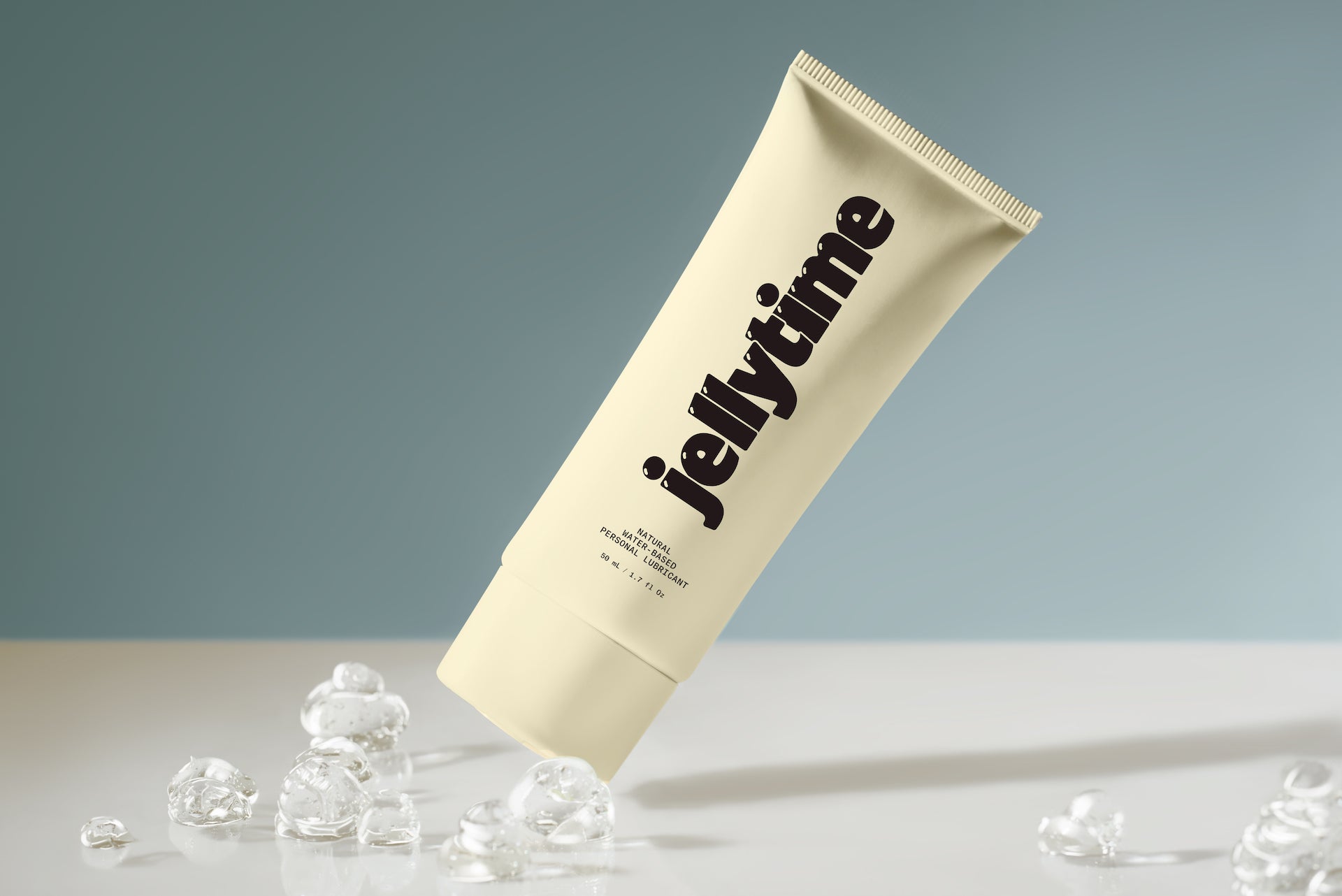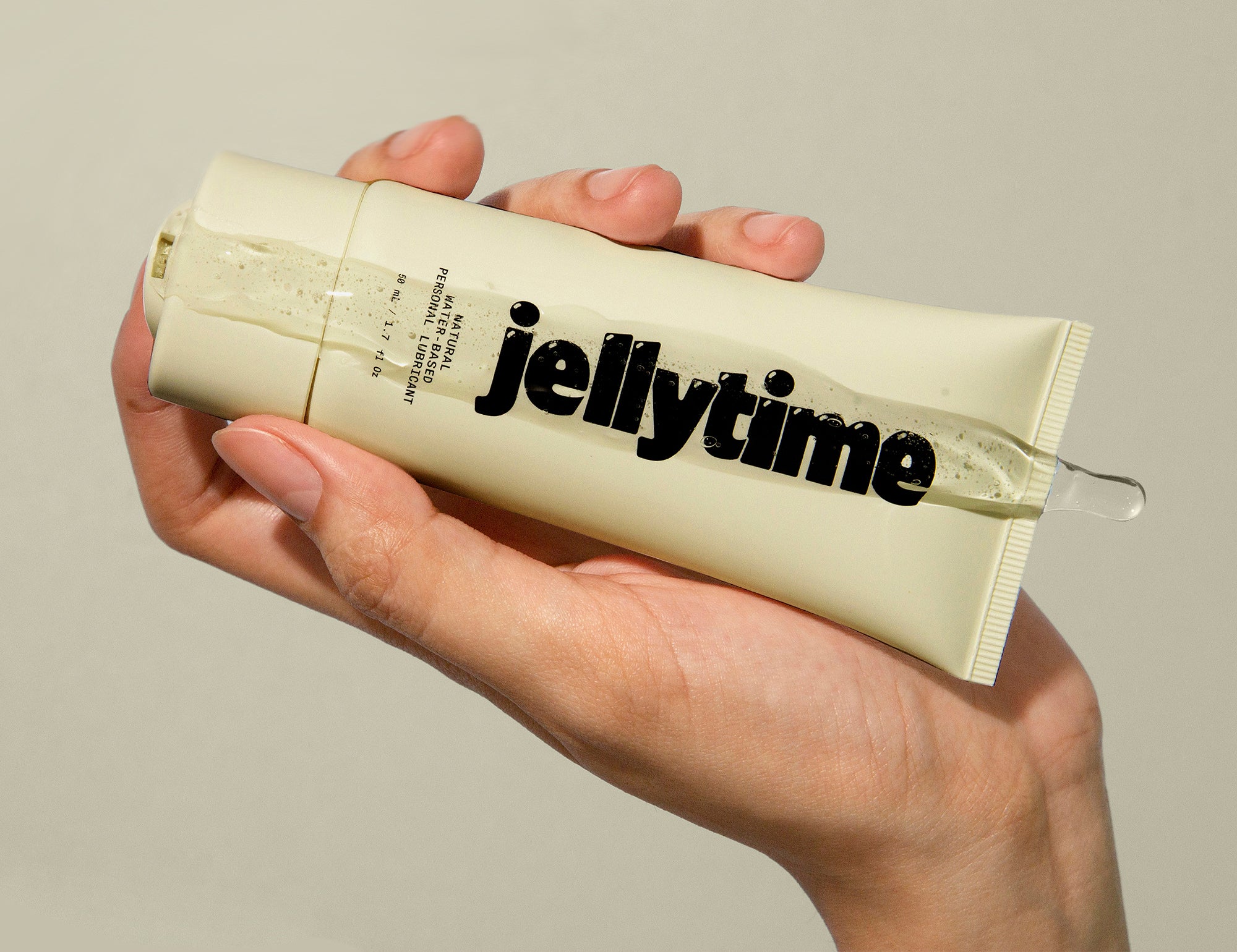
The world of personal lubricants has expanded far beyond traditional options, and argan oil is emerging as a popular choice for those seeking a natural and sensual alternative. Derived from the kernels of the argan tree, primarily found in the heart of Morocco, this oil has long been celebrated for its diverse benefits for skin and hair.
In this exploration of argan oil as a lubricant, we embark on a journey through its qualities, applications, and potential considerations. From its pH levels to skin benefits and compatibility with condoms, we delve into the critical factors that dictate whether argan oil can elevate your intimate experiences or if caution should be exercised.
Using Argan Oil for Sensual Pleasure
Yes, argan oil can be safe to use as a sensual lubricant due to its delicate nature, but there are also important considerations to keep in mind.
Things To Keep In Mind
pH Level: Argan oil is prized for its pH level, which hovers around 5.5. This pH level closely mirrors the natural acidity of the vagina, which typically ranges between 3.5 to 4.5. The vagina's natural pH plays a crucial role in maintaining a healthy environment by preventing the overgrowth of harmful bacteria and yeast. When you use a lubricant with a pH similar to that of the vagina, like argan oil, it can help support the body's natural defenses. However, it's vital to note that the pH of commercial argan oil products can vary. Before using argan oil as a lubricant, especially for intimate purposes, it's advisable to check the specific pH of the product to ensure it aligns with your needs.
Skin Benefits: Argan oil's reputation as a skincare marvel is well-deserved. Bursting with vitamin E, essential fatty acids, and antioxidants, it possesses remarkable moisturizing, nourishing, and soothing properties for the skin. When employed as a lubricant, these skin-friendly characteristics can offer added benefits. As you engage in intimate moments, argan oil can help keep delicate skin in the genital area hydrated and may contribute to a more comfortable and pleasurable experience.
Condoms and Barriers: Argan oil's compatibility with latex and polyisoprene condoms is generally well-established. Unlike some oil-based lubricants that can degrade latex, argan oil is less likely to compromise the integrity of these barrier methods. However, it's crucial to be aware of the limitations. While argan oil pairs well with latex and polyisoprene condoms, it should not be used in conjunction with latex gloves, dental dams, or other latex barriers. The reason is that oil-based lubricants can weaken latex, potentially leading to condom breakage or reduced effectiveness. If you rely on latex barriers for contraception or protection against sexually transmitted infections, it's advisable to opt for water-based or silicone-based lubricants instead, which are less likely to interfere with latex.
Aphrodisiac: Beyond its practical use as a lubricant, argan oil can tantalize the senses in an unexpected way. Some individuals find its aroma, characterized by nutty and subtly sweet notes, to be an aphrodisiac. The scent of argan oil can add an enticing and sensual element to intimate moments, heightening the overall experience. This aromatic quality can create a more indulgent and memorable atmosphere during romantic encounters, making argan oil a unique choice for those seeking to enhance their sensuality.
Argan Oil as Vaginal Lube
Argan oil can be considered as a potential vaginal lubricant for some individuals. However, it's essential to note that its suitability varies from person to person. It's important to remember that, like many oils, argan oil may not be the ideal choice for all intimate activities, and it's crucial to consider factors like pH balance and personal comfort when selecting a lubricant.
If you have a history of recurring yeast infections or sexually transmitted infections (STIs), it's prudent to exercise caution with oil-based lubricants, including argan oil. These lubricants can trap moisture, potentially creating a conducive environment for infections to thrive. It's advisable to consult with a healthcare professional before using argan oil in such cases.
Additionally, if you rely on latex or polyisoprene barriers for contraception or protection against STIs, you should be cautious when using argan oil. Oil-based lubricants can compromise the integrity of latex, increasing the risk of breakage. To ensure safe intimacy, select an oil-safe condom or an alternative barrier.
If you have allergies or sensitivities, it's important to perform a patch test with argan oil before using it as a lubricant. Apply a small amount of the oil to a discreet area of your skin and wait for any potential allergic reactions. If you experience itching, redness, or discomfort, avoid using argan oil in your intimate activities. Instead, opt for a lubricant that you know is safe for your specific needs.
Argan Oil as Anal Lube
While argan oil is generally considered safe for anal use, it may not be the most practical choice for everyone. Its relatively thin consistency compared to specialized anal lubricants can necessitate frequent reapplication during anal intercourse. To ensure a comfortable and safe experience, consider the following factors:
Anal intercourse often requires lubricants with a thicker consistency to reduce friction and enhance comfort. While argan oil can provide lubrication, its consistency might not be ideal for this purpose. Using a thicker, anal-specific lubricant is recommended for a smoother experience.
Just as with vaginal use, it's essential to exercise caution when using argan oil with latex or polyisoprene barriers during anal intercourse. Opt for an oil-safe condom to prevent potential damage and maintain safety during intimate moments.
Origins and Safety: A Journey to Morocco's Argan Oil
Argan oil, often referred to as "liquid gold," hails from southwestern Morocco's challenging landscapes, nestled between the Atlas Mountains and the Sahara Desert. Harvested from the kernels of the argan tree, this oil undergoes an intricate process steeped in tradition and local heritage.
Harvesting: Argan fruits, resembling small yellow plums, are gathered during the summer months and sun-dried to separate the kernels from the flesh.
Extraction: Skilled hands crack the dried fruits' hard shells to reveal precious kernels, demanding precision and patience.
Cold-Pressing: These kernels are cold-pressed, preserving essential fatty acids and antioxidants, a method passed down through generations.
Centuries-Old Tradition: Berber women have conducted this process for centuries, a vital part of Morocco's cultural heritage and economy.
The result is pure argan oil, celebrated not only for culinary uses but also for its skincare, haircare, and potential as a natural lubricant. Rich in vitamin E, essential fatty acids, and antioxidants, argan oil enhances skin and hair health.
Alternatives to Argan Oil As A Lube
If argan oil isn't the right choice for you, there are several alternatives to consider:
- Water-based Lubes: Water-based lubricants are compatible with latex and polyisoprene barriers such as condoms and diaphragms. They are easy to clean up as they wash off easily with water, leaving no sticky residue. Water-based lubes are generally gentle on the skin and suitable for those with sensitive skin. They work well with most sex toys, including those made of silicone, rubber, and latex. However, they may require more frequent reapplication compared to silicone-based lubes.
- If you're considering castor oil as a lubricant, allow us to introduce you to a fantastic alternative: Jellytime. This hypoallergenic, water-based lubricant is crafted with your well-being in mind.
- Jellytime’s Natural Water-based Personal Lubricant doesn't just provide lubrication; it pampers your body with nourishing, plant-derived ingredients such as aloe and Hyaluronic Acid. This dynamic duo enhances and replenishes your body's natural moisture, ensuring a comfortable and pleasurable experience.
- It's non-toxic, edible, and free from parabens. It's also certified organic, doctor-recommended, cruelty-free, and FDA approved. Plus, it's vegan, aligning with various lifestyles and preferences.
- Silicone-based Lubes: Silicone-based lubricants provide long-lasting lubrication and are suitable for various sexual activities, including anal sex and underwater play. They are versatile but should not be used with silicone sex toys, as they can degrade the toy's material. While they are generally safe with latex and polyisoprene barriers, it's advisable to check product labels for specific guidance.
- Hybrid Lube: Hybrid lubricants offer extended glide, combining the longevity of silicone-based lubes with easy water-based cleanup. They are condom-compatible, making them suitable for a wide range of sexual activities. Like silicone-based lubes, it's essential to verify compatibility with specific sex toys through product labels.
- Natural and Organic Lube: Natural and organic lubricants are formulated to be gentle on the skin, often made with natural ingredients such as aloe vera, chamomile, or plant-based extracts. They are free from common additives like parabens, glycerin, fragrances, and potential irritants. These lubes are generally safe to use with condoms and barrier methods, but it's recommended to check product labels for specifics.
If you're in search of a fantastic alternative to argan oil as a lubricant, look no further than Jellytime's Natural Water-based Personal Lubricant. This premium lubricant is carefully crafted to provide you with a silky-smooth experience while prioritizing your health and well-being.
Argan oil can be used as a lubricant in specific situations, particularly as a vaginal lubricant with precautions. However, individuals should consider their unique circumstances and preferences when choosing a lubricant. Always prioritize safety, compatibility with barriers, and any potential allergies when selecting a lubricant for intimate use. If in doubt, consult a healthcare professional for personalized advice.






